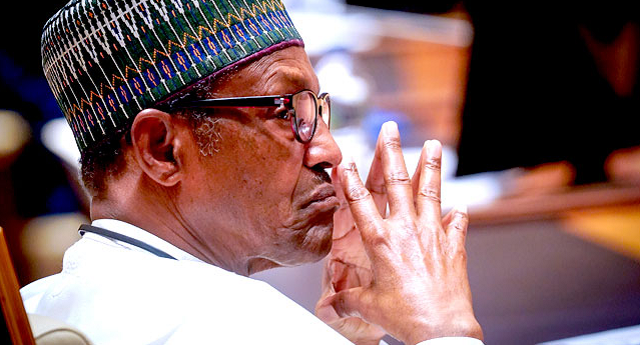
Nigeria’s Recession Could Last Up To 2023, World Bank Reveals.
Nigeria is facing a serious recession currently, one of the worst in decades.
World Bank noted, this recession might last for three years and the only thing which prevent this is when current reforms are sustained and the right mix of policy measures is implemented.
This was made known in a report by the World Bank dubbed, “Rising to the Challenge: Nigeria’s COVID response”.
The report disclosed by Shubham Chaudhuri, World Bank Country Director for Nigeria reads;
“Nigeria is at a critical historical juncture, with a choice to make.
“Nigeria can choose to break decisively from business-as-usual and rise to its considerable potential by sustaining the bold reforms that have been taken thus far and going even further and with an even greater sense of urgency to promote faster and more inclusive economic growth.
“The economy could shrink up to 4 percent in 2020 following the twin shocks of COVID-19 and low oil prices. The pace of recovery in 2021 and beyond remains highly uncertain and subject to the pace of reforms.
“Pandemic is disproportionately affecting the poor and most vulnerable, women in particular. In the absence of measures to mitigate the impact of the crisis, the number of poor could increase by 15 to 20 million by 2022.”



















